
Scientifically Proven Benefits of Pumpkin Seeds (Pepitas) and Pumpkin Seed Oil
Scientifically Proven Benefits of Pumpkin Seeds (Pepitas) and Pumpkin Seed Oil
Pumpkin seeds, also known as pepitas, are a small but mighty source of nutrition. These versatile seeds are packed with vitamins, minerals, and healthy fats that offer a wide range of health benefits, from improving heart health and sleep quality to supporting prostate function.
This article will explore the evidence-based benefits of pumpkin seeds and their oil, as well as provide tips on how to best incorporate them into your diet.
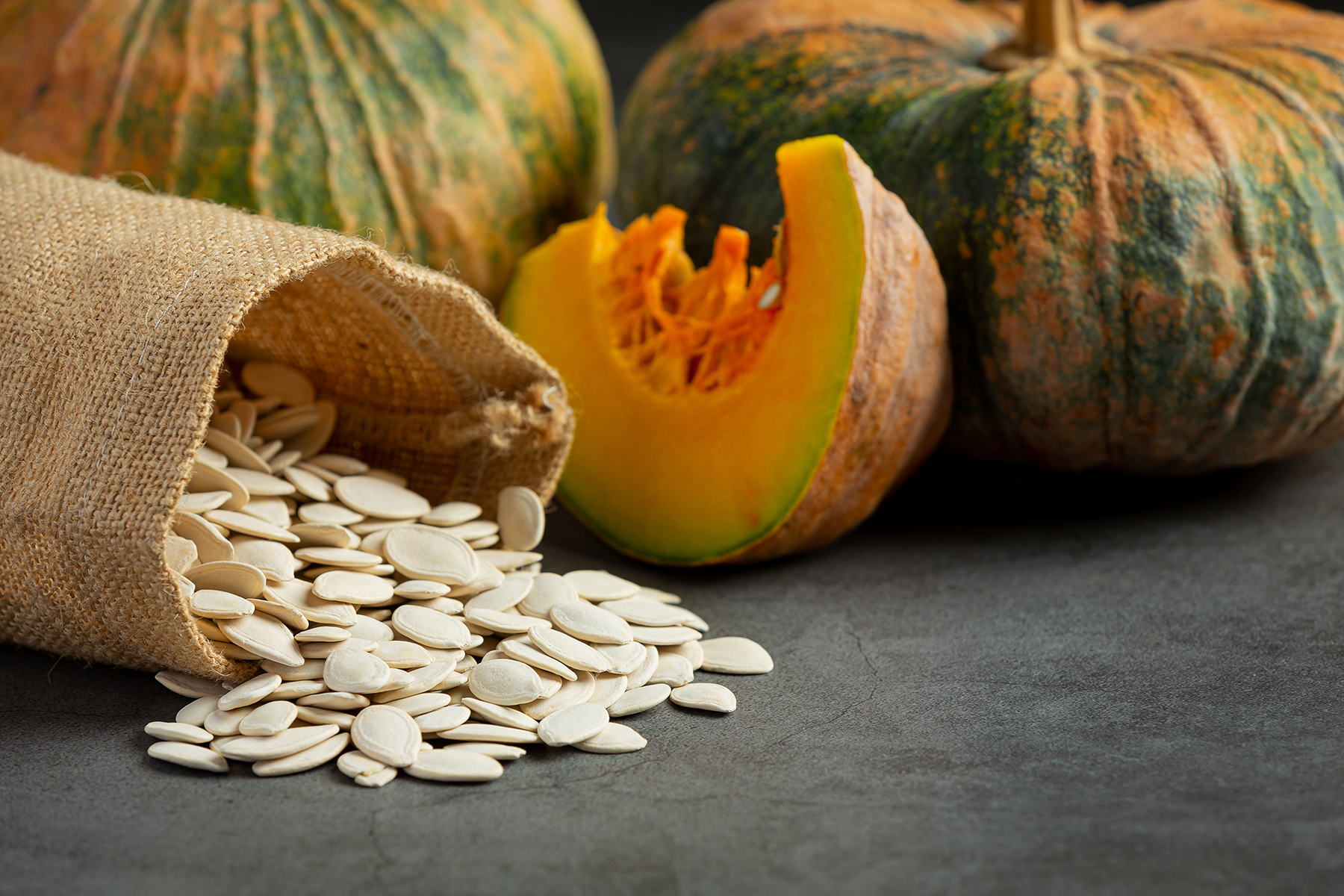
What Are Pepitas?
The terms "pumpkin seeds" and "pepitas" are often used interchangeably. Pepitas are the shell-less seeds from certain pumpkin varieties, while traditional pumpkin seeds have a white, fibrous outer shell. Most pumpkin seeds sold in stores are unshelled pepitas, which are easier to eat and add to dishes. You can enjoy them raw, roasted, or as a cold-pressed oil.
Nutritional Profile of Pumpkin Seeds
Pumpkin seeds are a nutritional powerhouse. A one-ounce (28g) serving contains:
-
Calories: 126
-
Protein: 5.6g
-
Carbohydrates: 15g
-
Fat: 5.5g (mostly healthy unsaturated fats)
Beyond the basics, they are an exceptional source of micronutrients:
-
Magnesium: 19% of the Daily Recommended Intake (RDI)
-
Zinc: 19% of the RDI
-
Iron: 14% of the RDI
-
Potassium: 7% of the RDI
Pumpkin seeds are also a complete protein source, meaning they contain all nine essential amino acids, making them an excellent choice for vegetarians and vegans.
Health Benefits of Pepitas and Pumpkin Seed Oil
1. Anti-Inflammatory Properties
Chronic inflammation is linked to many serious diseases. Pumpkin seeds contain healthy fatty acids like omega-3s and antioxidants that help reduce inflammation throughout the body.
2. Promote Heart Health
The nutrients in pumpkin seeds are fantastic for your cardiovascular system.
-
Magnesium and Potassium: These minerals are essential for regulating blood pressure.
-
Omega-3s: The alpha-linolenic acid (ALA) in pumpkin seeds can help protect against various heart diseases.
3. Support Prostate Health in Men
Pumpkin seeds are one of the most popular natural remedies for prostate issues. Research shows that compounds in the seeds can help reduce the symptoms of an enlarged prostate and may even help prevent certain prostate conditions.
4. Improve Sleep Quality
Struggling to fall asleep? Eating a handful of pumpkin seeds in the evening might help. They are a good source of tryptophan, an amino acid that the body converts into serotonin and melatonin, both of which are crucial for regulating sleep.
5. Aid in Hair Growth
Pumpkin seed oil, in particular, has been studied for its ability to promote hair growth. One double-blind trial found that men who took a pumpkin seed oil supplement saw a significant increase in hair count compared to those who took a placebo.
6. Help Manage Diabetes
Early research suggests that pumpkin seed extracts can help lower blood glucose levels and may be beneficial for managing type 2 diabetes. The fiber and healthy fats in the seeds can also help stabilize blood sugar.
7. Have Anti-Parasitic Activity
Historically, pumpkin seeds have been used as a natural remedy for intestinal parasites. Some studies have shown that consuming pumpkin seeds can help reduce the number of certain parasites in the digestive tract.
8. Rich in Antioxidants
Pumpkin seeds are full of antioxidants like tocopherols and phytosterols. These compounds help protect your cells from damage, reduce oxidative stress, and may lower your risk of chronic diseases.
How to Use Pumpkin Seeds and Oil
To get the most nutritional benefits, raw pumpkin seeds are often preferred. While roasting doesn't destroy the fiber or protein, it can reduce some of the vitamin content.
-
Snack on them: A handful of raw or lightly roasted, unsalted pepitas makes a great, healthy snack.
-
Add to meals: Sprinkle them on salads, yogurt, oatmeal, or blend them into smoothies.
-
Use Pumpkin Seed Oil: Use cold-pressed pumpkin seed oil as a finishing oil for salads, dressings, or drizzled over soups and vegetables.
Note: Soaking pumpkin seeds for a few hours before eating can help reduce their phytic acid content, which improves the absorption of their minerals.
Potential Side Effects
Pumpkin seeds are safe for most people when consumed in moderation. However, if you're eating a lot of them, be mindful of the calorie count. Some people may also experience an allergic reaction, with symptoms like itching or swelling. If you are on a low-sodium diet, be sure to choose unsalted seeds.
News in the same category


Stomach Pain and Nausea: Causes, Symptoms, and Treatments
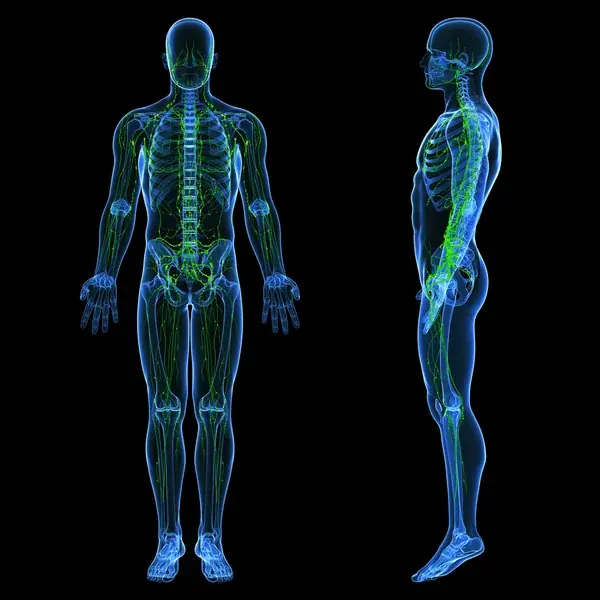
Three-Day Lymphatic Cleanse to Keep You Healthy All Year Long

Three-Day Lymphatic Cleanse to Keep You Healthy All Year Long

What Happens When You Eat 3 Whole Eggs Every Day…You’ll Be Surprised What It Does To Your Body!

More people are dying from heart failure, doctors warn: give up these 4 habits now
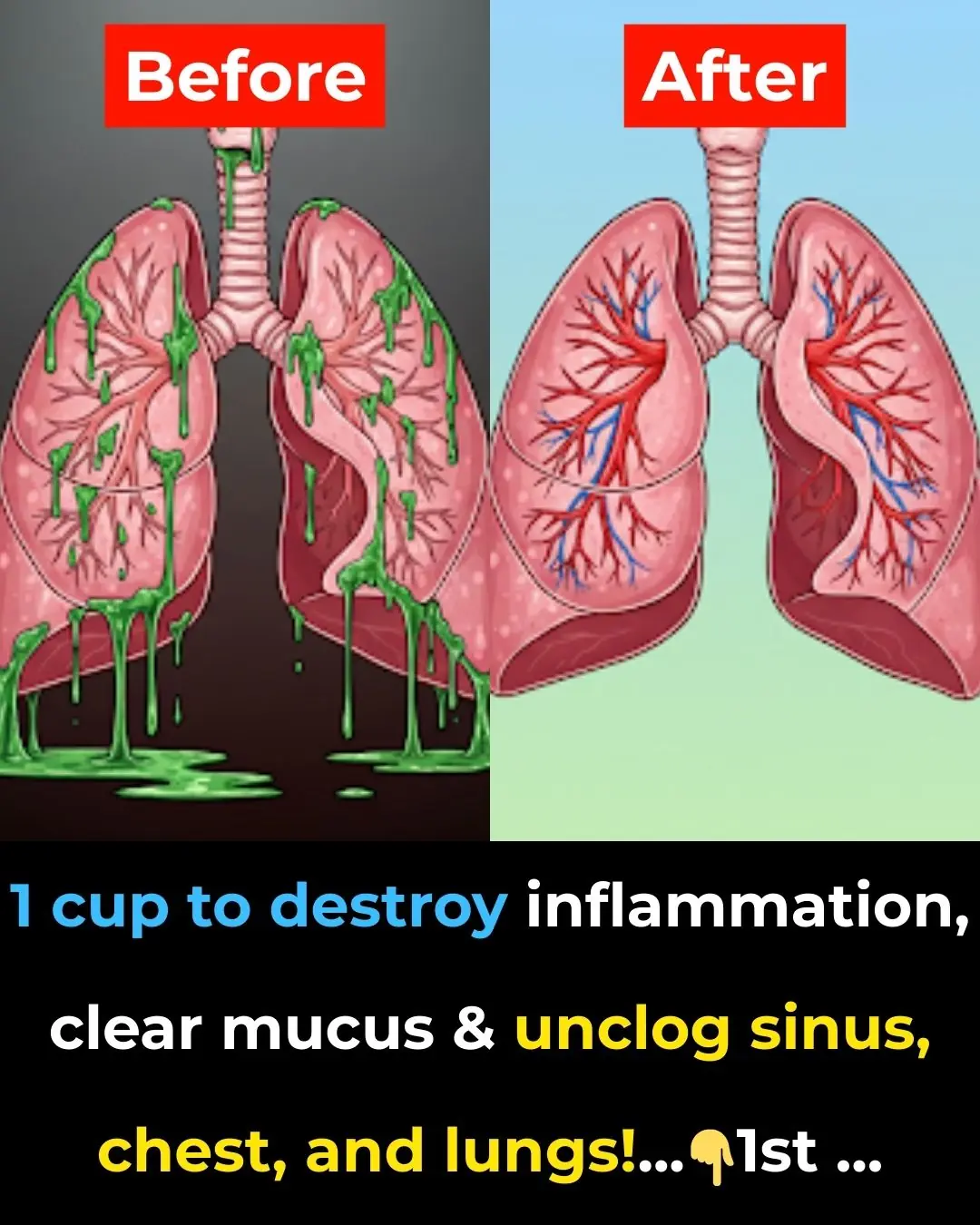
1 cup to destroy inflammation, clear mucus & unclog sinus, chest, and lungs!

7 silent signs of high blood sugar most people miss

Every Time You Hold Back Your Anger, Your Brain Rewires Itself to Be Calmer And More Loving
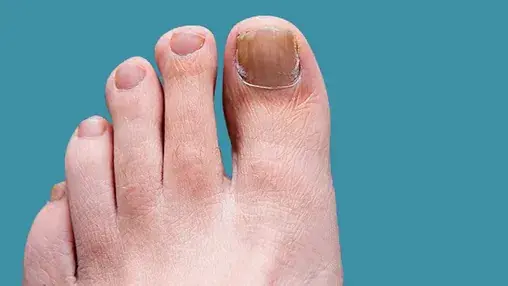
How to Prevent and Treat Toenail and Foot Fungus

Can Cold Water Hurt Your Stomach?
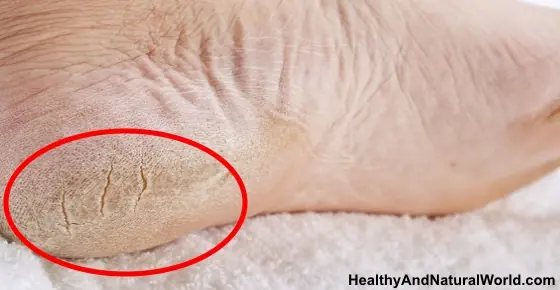
How to Get Rid of Dead Dry Skin on Feet
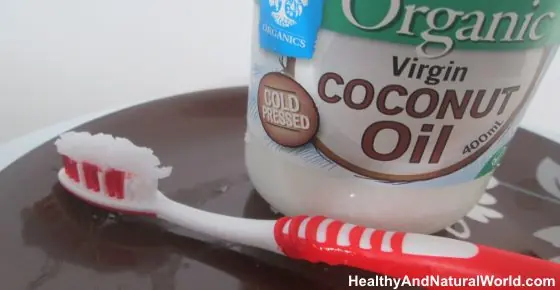
Why You Should Start Using Coconut Oil as a Toothpaste
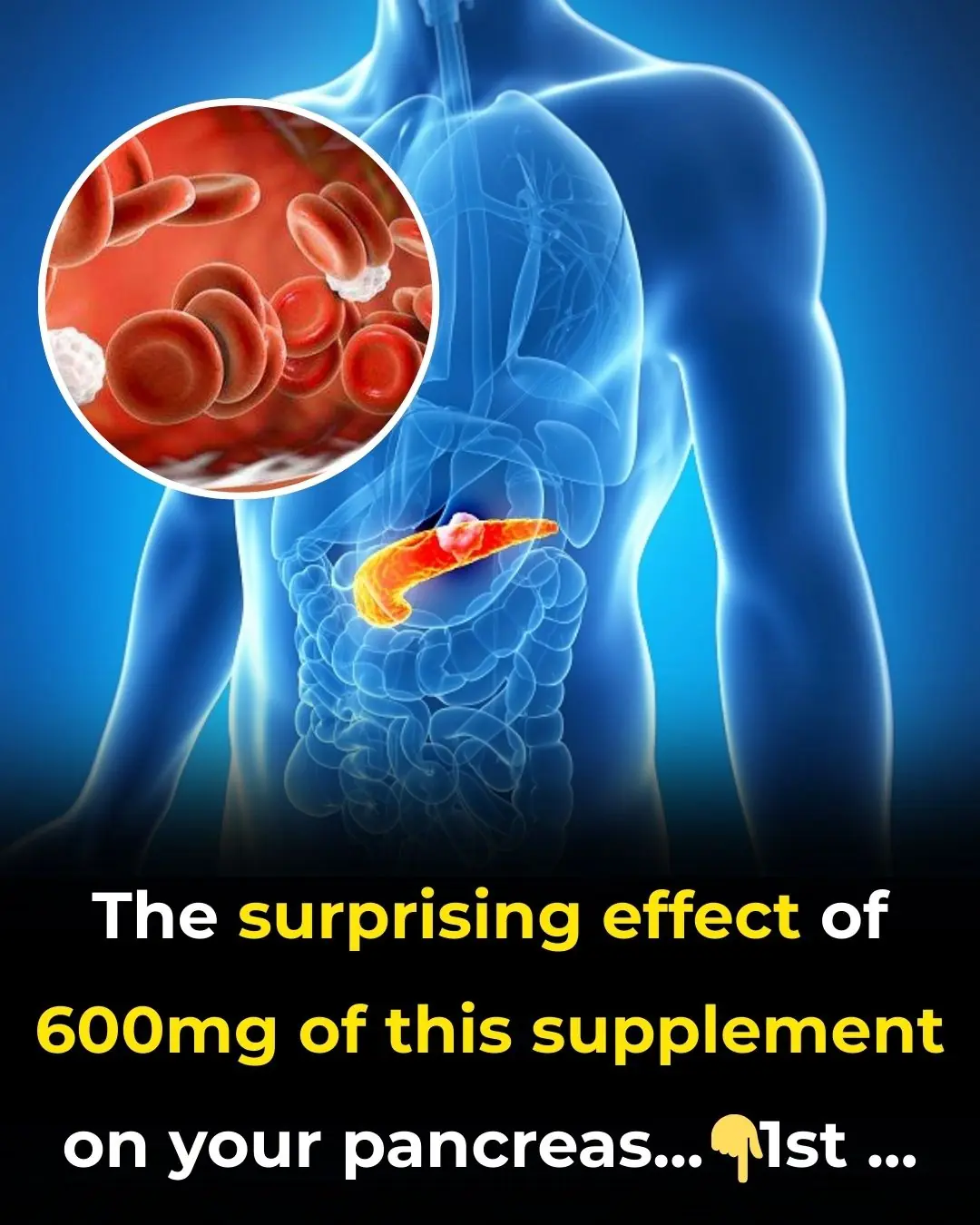
How 600mg of this supplement could transform your pancreas and insulin sensitivity!
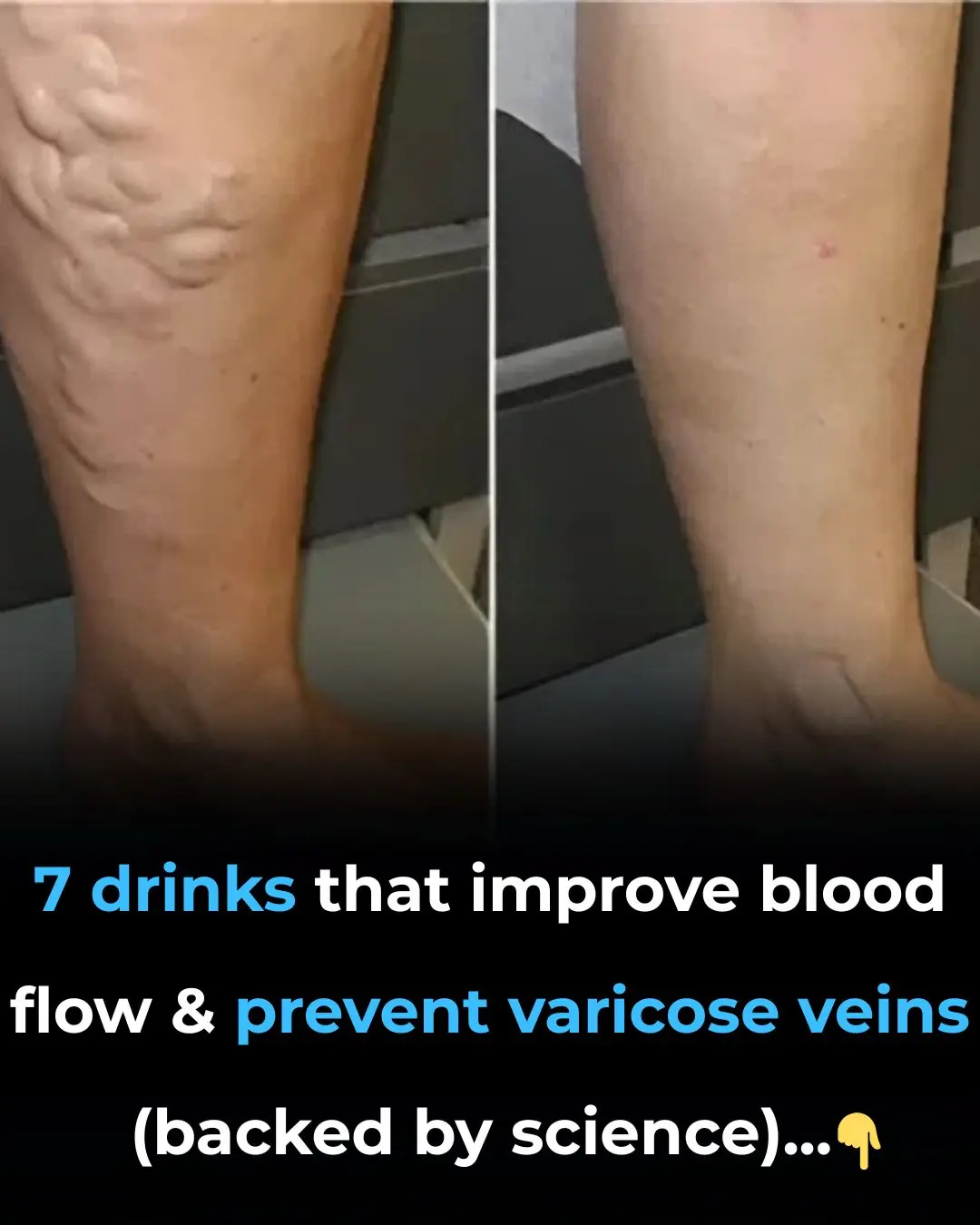
7 Drinks That Improve Blood Flow and Prevent Varicose Veins (Backed By Science)
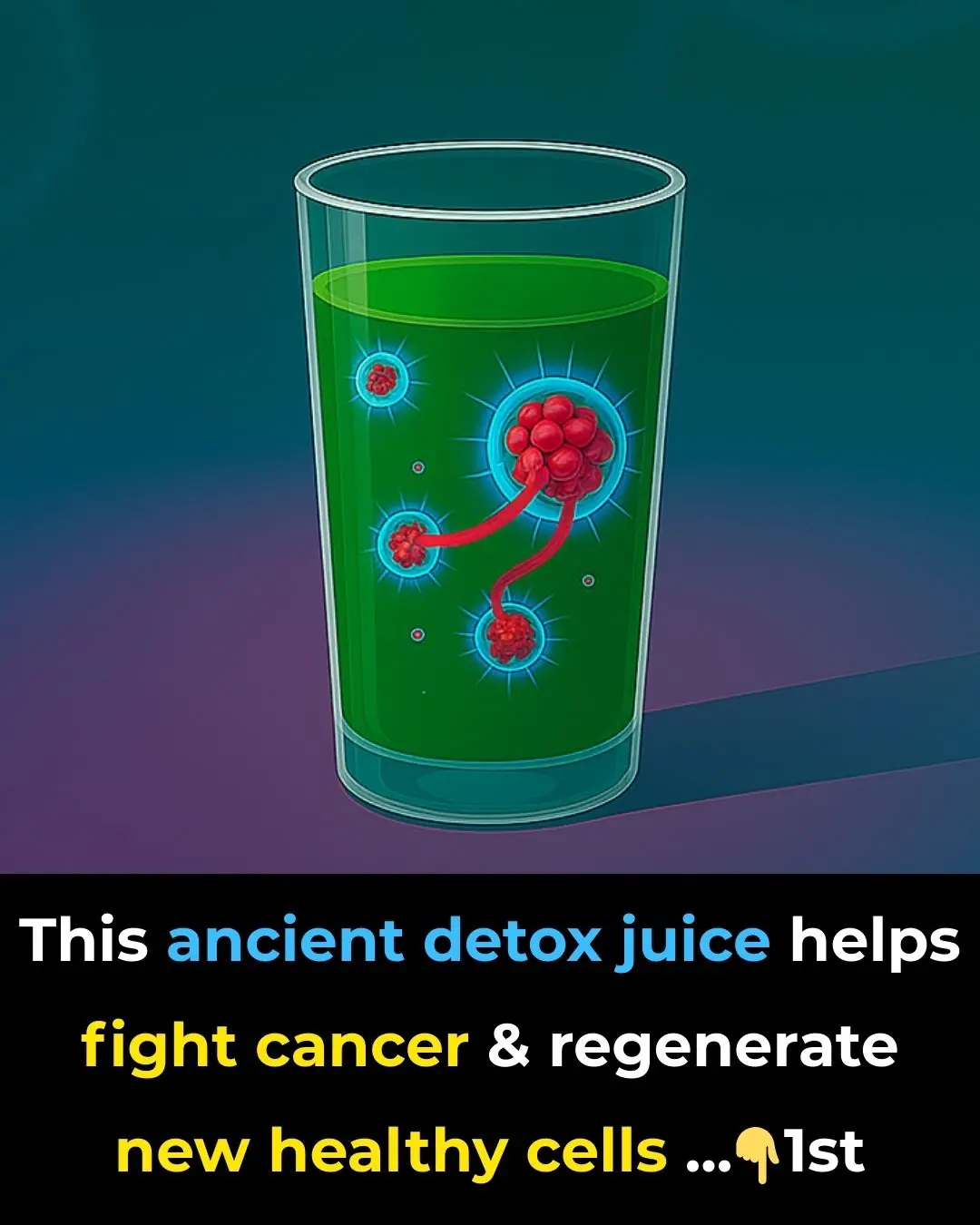
This Ancient Detox Juice Fights Cancer And Helps Regenerate New Healthy Cells
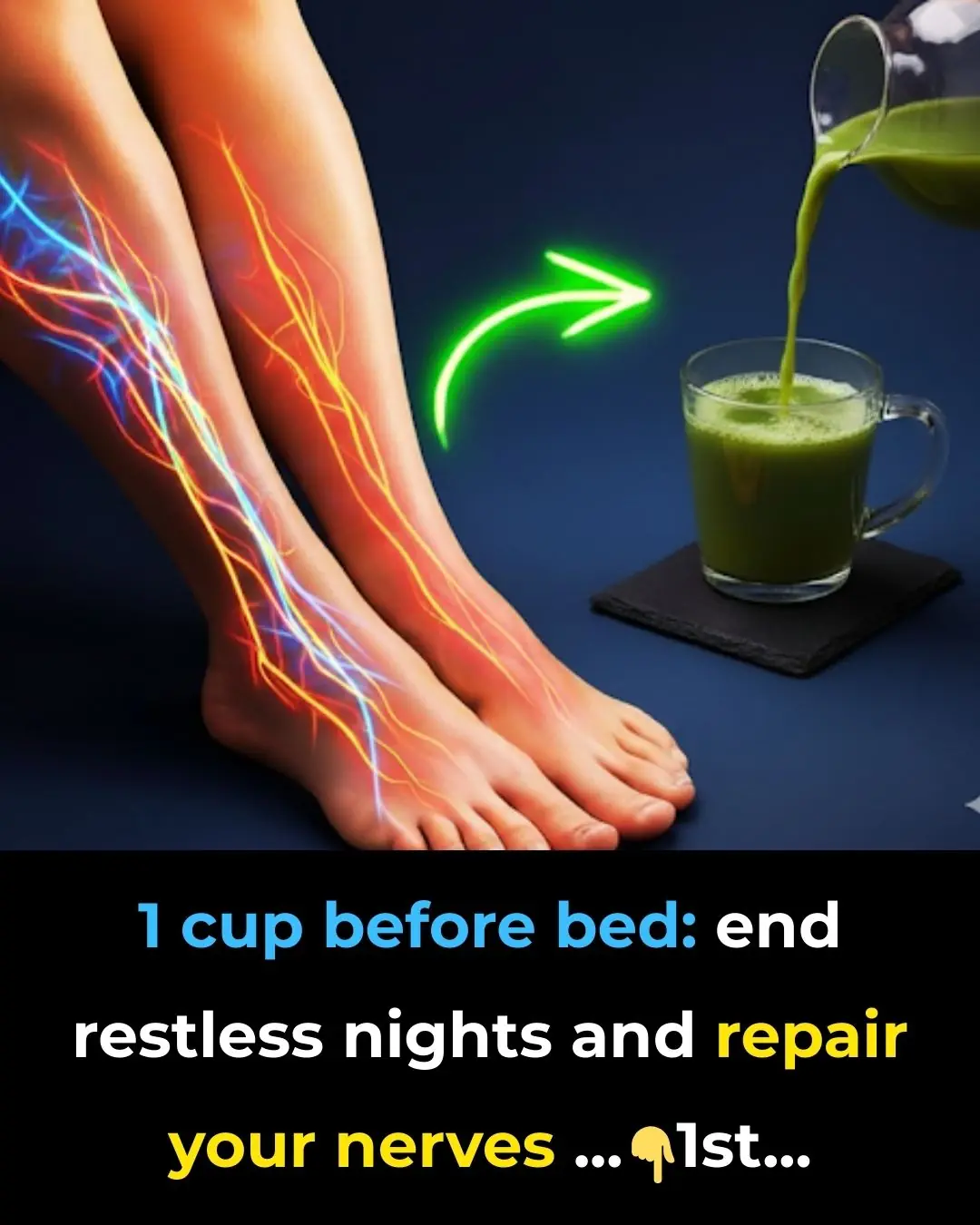
1 cup before bed: end restless nights and repair your nerves

Dogs Able to Sniff Out Parkinson’s Before Symptoms Appear
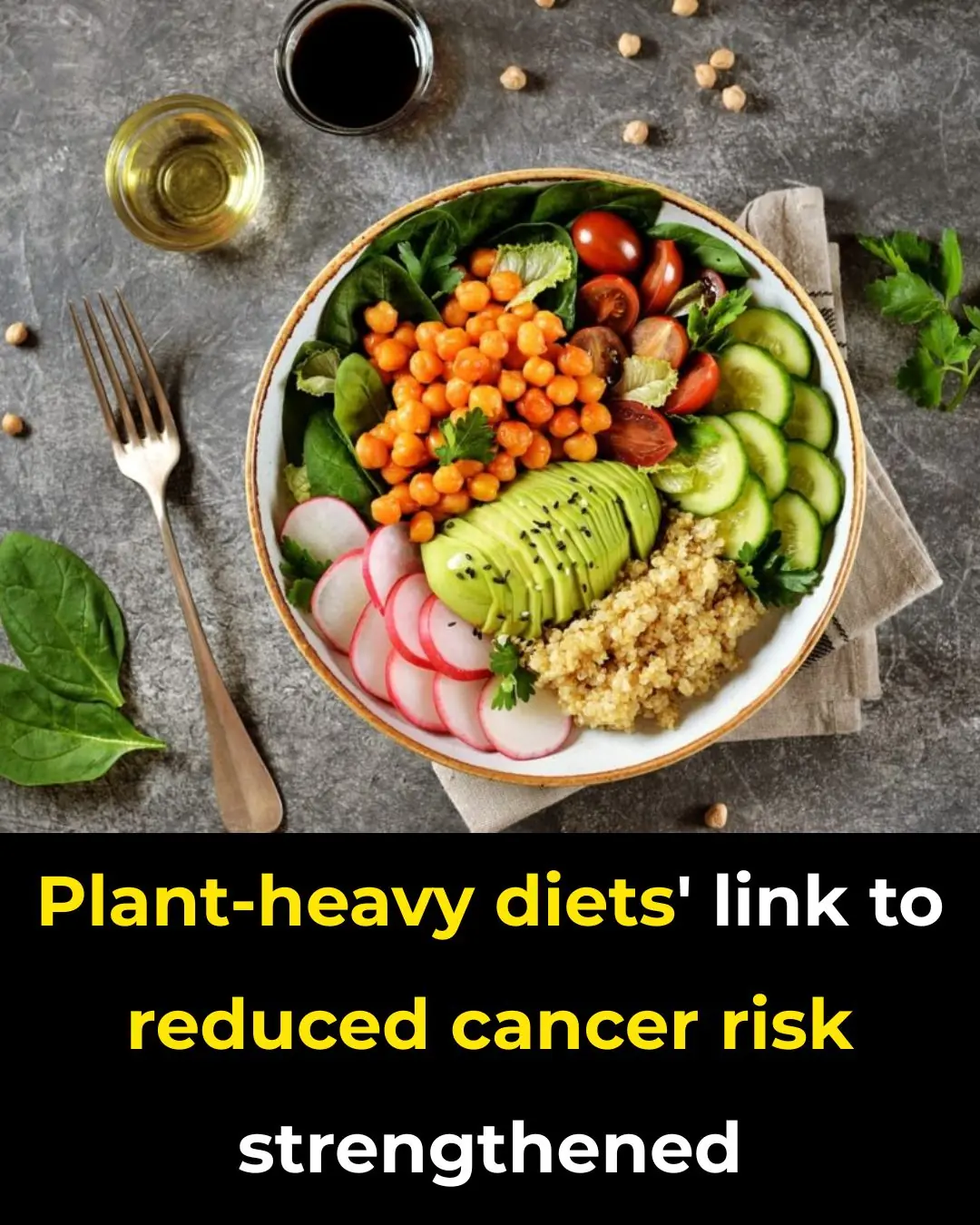
Plant-Heavy Diets’ Link to Reduced Cancer Risk Strengthened
News Post

The Best Home Remedies for a Sinus Infection

Stomach Pain and Nausea: Causes, Symptoms, and Treatments

Three-Day Lymphatic Cleanse to Keep You Healthy All Year Long

Three-Day Lymphatic Cleanse to Keep You Healthy All Year Long

Top 8 Most Power-Hungry Devices, Using Twice as Much Electricity as Air Conditioners: Remember to Unplug After Use or Your Bills Will Skyrocket

Mosquitoes Fear This Simple Bowl of Water — Place It in Your Home, and Even the Most Persistent Mosquitoes Will Leave, Letting You Sleep Peacefully

Super Simple Toilet Cleaning Tip Using Just a Toilet Paper Roll Core and Vinegar

Do You Think Like an FBI Agent

The Mystery of the Milk Bottle Dent

What Happens When You Eat 3 Whole Eggs Every Day…You’ll Be Surprised What It Does To Your Body!

What Your Favourite Chocolate Says About You

More people are dying from heart failure, doctors warn: give up these 4 habits now

Think Bottled Water Is Safer Think Again

Saw This Trick For Oven Cleaning

1 cup to destroy inflammation, clear mucus & unclog sinus, chest, and lungs!

7 silent signs of high blood sugar most people miss

Every Time You Hold Back Your Anger, Your Brain Rewires Itself to Be Calmer And More Loving

Your Washing Machine Has a Special Setting That Dries Clothes Faster – Most People Don’t Know About It
